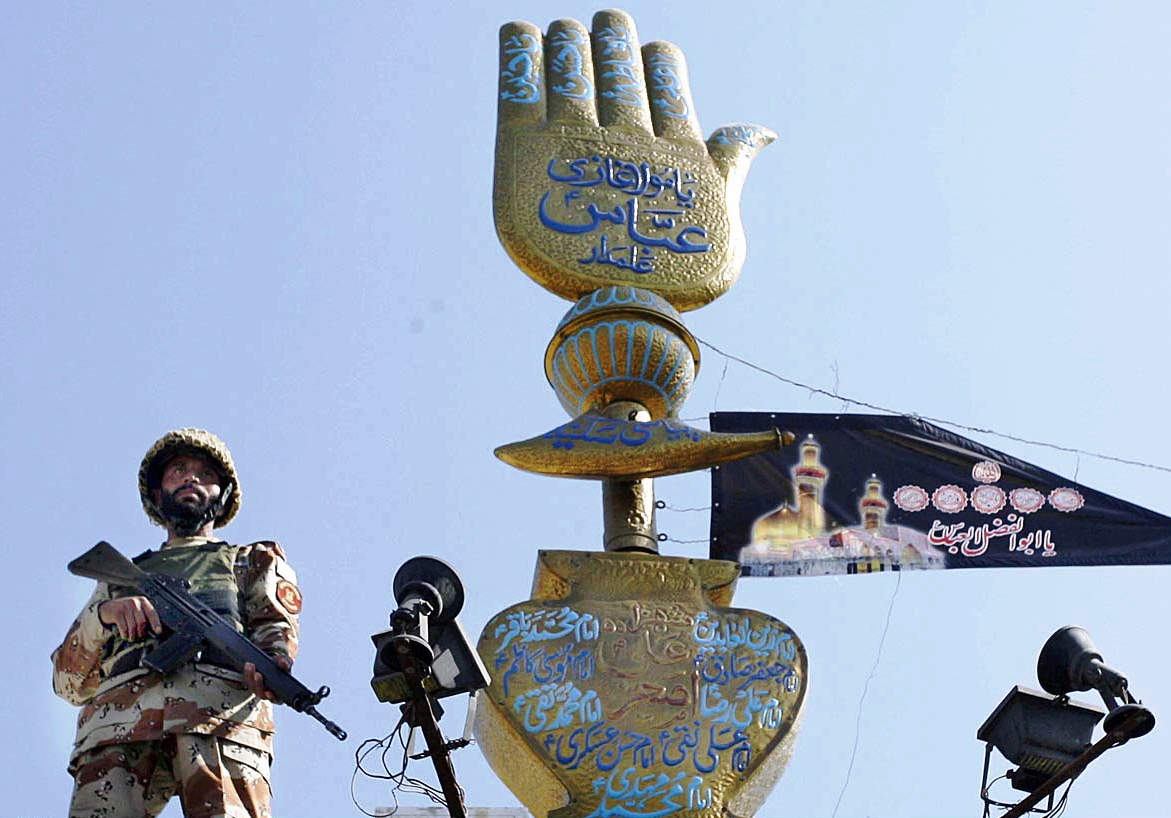

The coal miners were of the Hazara community that has borne the brunt of sectarian killings in Balochistan. The deputy commissioner of the area said, in a statement, that the men were Shia labourers and that their killings were clearly sectarian. The single survivor of the attack is in the Combined Military Hospital in Quetta. The killers escaped as they invariably do and there are no expectations of an early arrest. Within the last week, there was also an attempt to blow up a convoy of buses carrying Shia pilgrims on the National Highway in Dringar, Mastung, which largely failed, killing two Frontier Corps personnel who were providing security for the pilgrim’ buses. The killings will have ceased to be news almost before the men are buried and this war will continue unabated.
While plans for increased security, especially for Shias, during these days will have been put in place, the problem is much more deep-rooted and the solution cannot be narrow and short-sighted. There appears to be no government policy to address the issue of how to combat sectarian conflict and little or no effort made to catch those of any sect who perpetuate this most costly of wars. Violence can break out in the context of this fight almost anywhere in the country; it is fed by inflammatory sermonising in some mosques on Fridays and there is no nascent peace process now or was in the past. This is our war, its resolution ours to take — or not.
Published in The Express Tribune, November 5th, 2013.
Like Opinion & Editorial on Facebook, follow @ETOpEd on Twitter to receive all updates on all our daily pieces.
COMMENTS (6)
Comments are moderated and generally will be posted if they are on-topic and not abusive.
For more information, please see our Comments FAQ

1732530816-0/BeFunky-collage-(88)1732530816-0-165x106.webp)
1720848500-0/Eminem-and-his-daugher-Hallie-(1)1720848500-0-165x106.webp)









We are Human first. Together we must come together for All. Happy New Year..
It continues to remain baffling to me both as a Non-Pakistani and Non-Muslim that Pakistan, a country claimed to have been founded to provide a safe haven for the Muslims of the Indian Sub-Continent, sees frequent incidents of sectarian violence pitting one Muslim sect against another Muslim sect. Having an incident targeting adherents of the (original?) sect of the founder of Pakistan, Mr. M.A.Jinnah trashes any notion of the safe haven concept. How can this be so? Why not just live and let live?
We kill our own Muslim brothers and then blame others for intolerance... What a nation, we are. And then, we are always in the forefront of raising the voice against the oppression and violence against Muslims in Myanmar, the Philippines, Chechnya, China etc. However, if these Muslims were here, most of them would also be targeted as they have a different set of belief systems than the majority in Pakistan.
What do you mean by "no offer of peace talk on either side". This is basically Salafi fanatics killings Shias. Whether its in Pakistan, Iraq or anywhere else in the world. This one sided killings have been going on for centuries but thanks to the media now everyone is finding them out now.
The Sunni/Shia issue in Pakistan is a manifestation of a wider conflict-spanning over an arc spanning Pakistan, Afghanistan, Iran, Iraq, Eastern Saudi Arabia, Syria, Lebanon. It is a conflict between Saudis on one side and Iranians on the other end.
Why think about a problem when you could easily put the brunt on USA/West,India or Israel.Not to say that there was no USA, Israel or even India in the modern sense since when this killing has been going on.